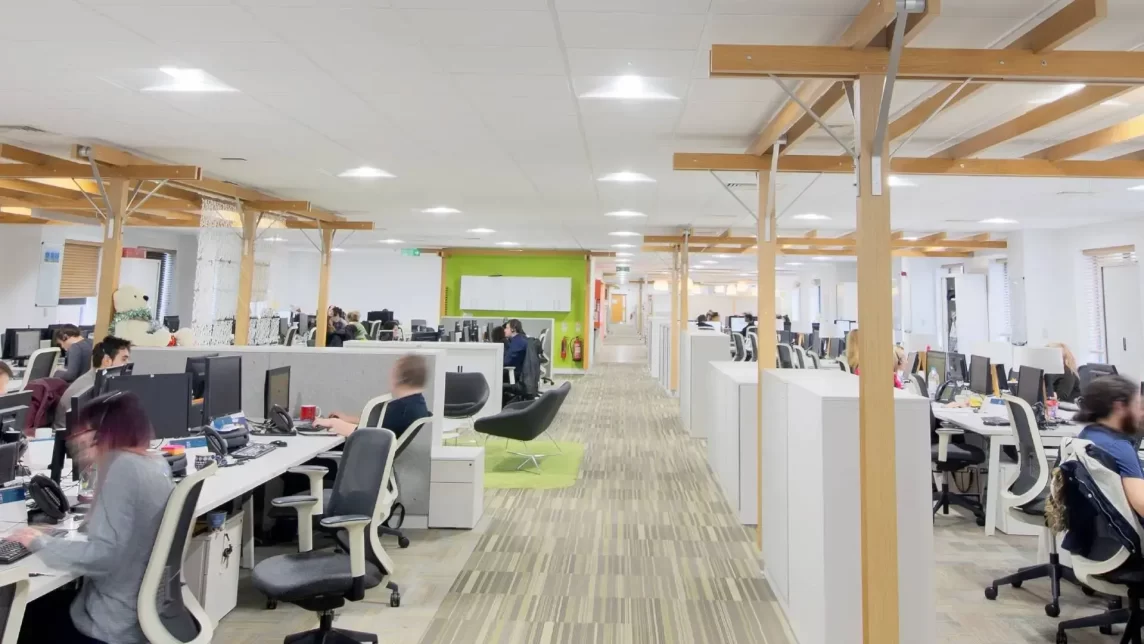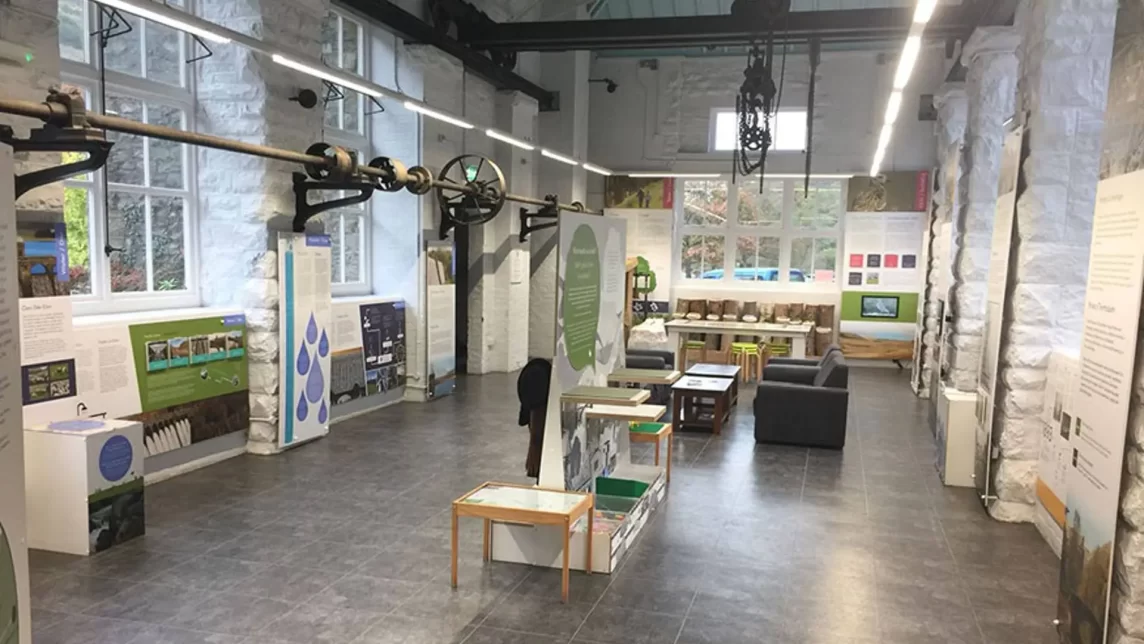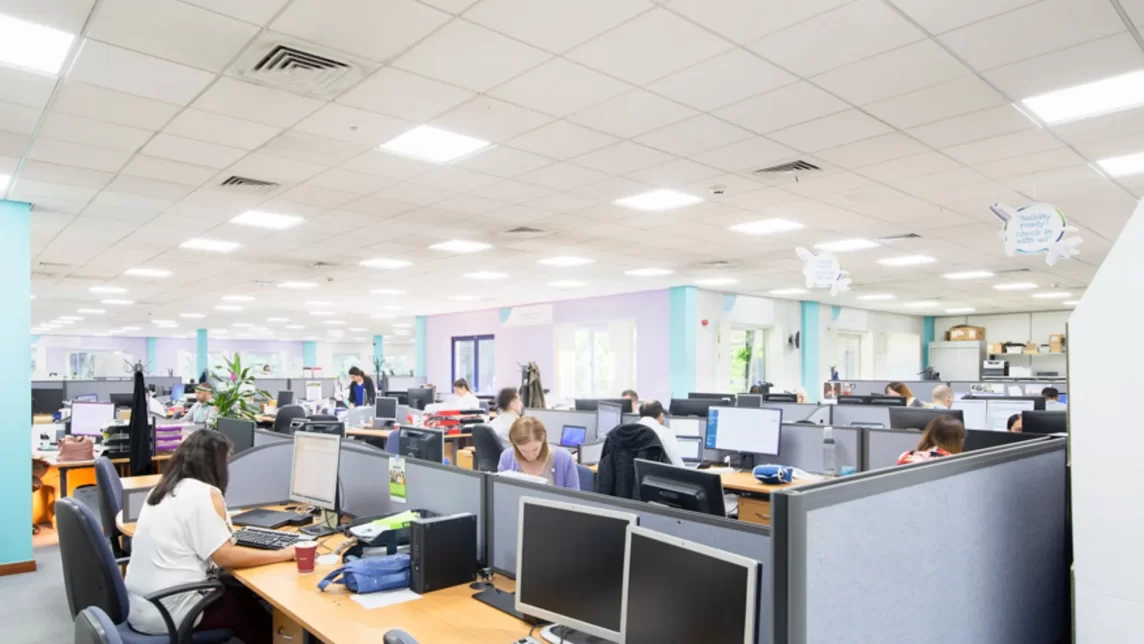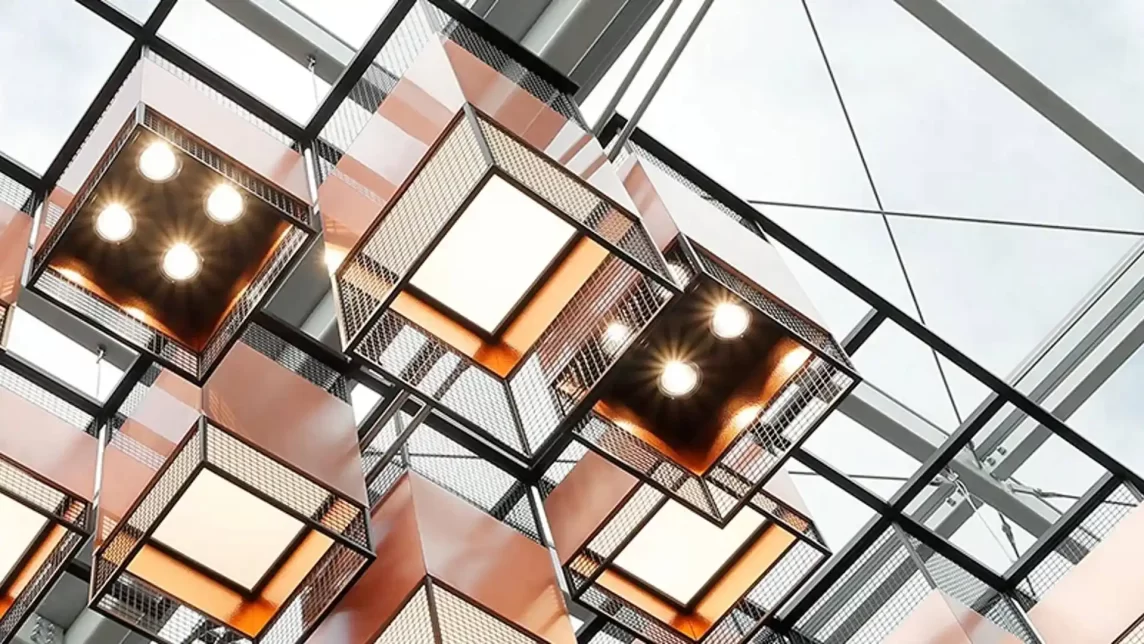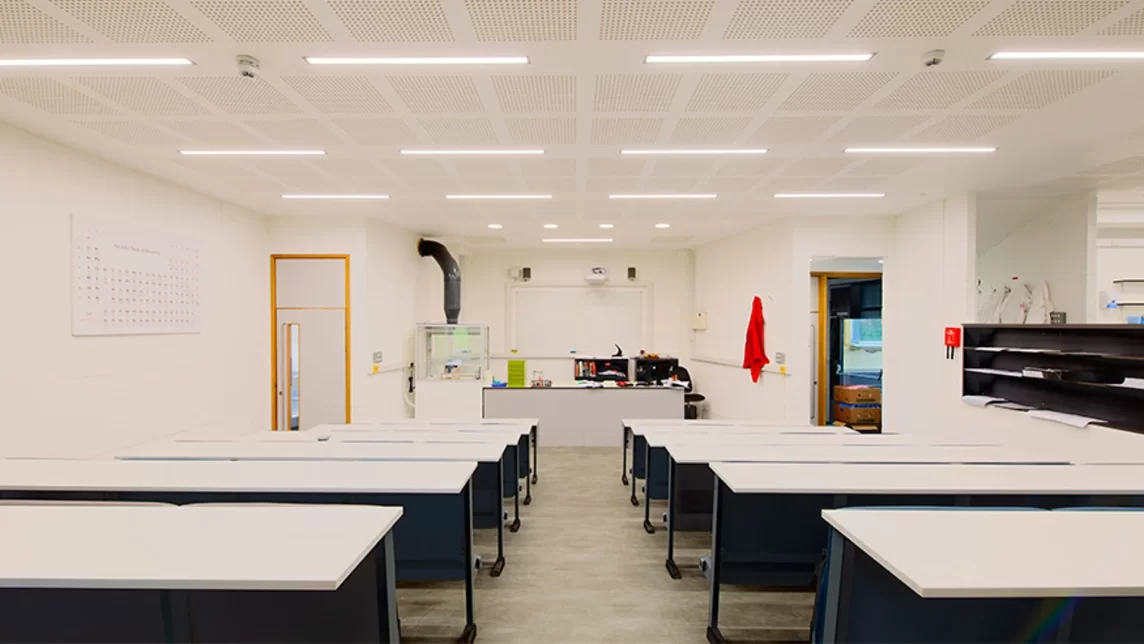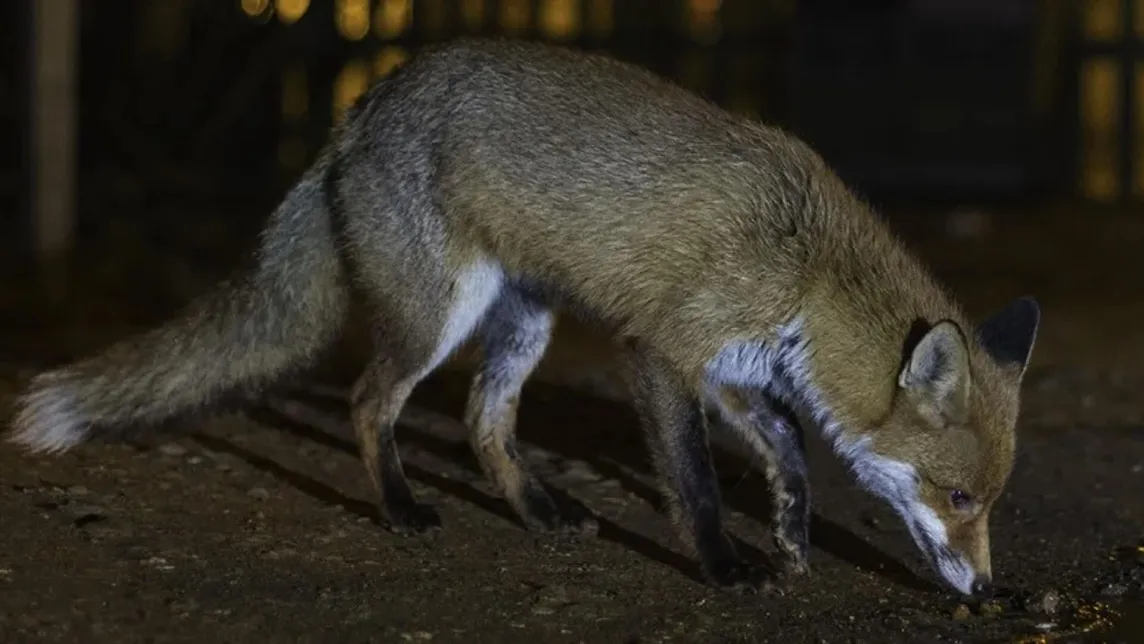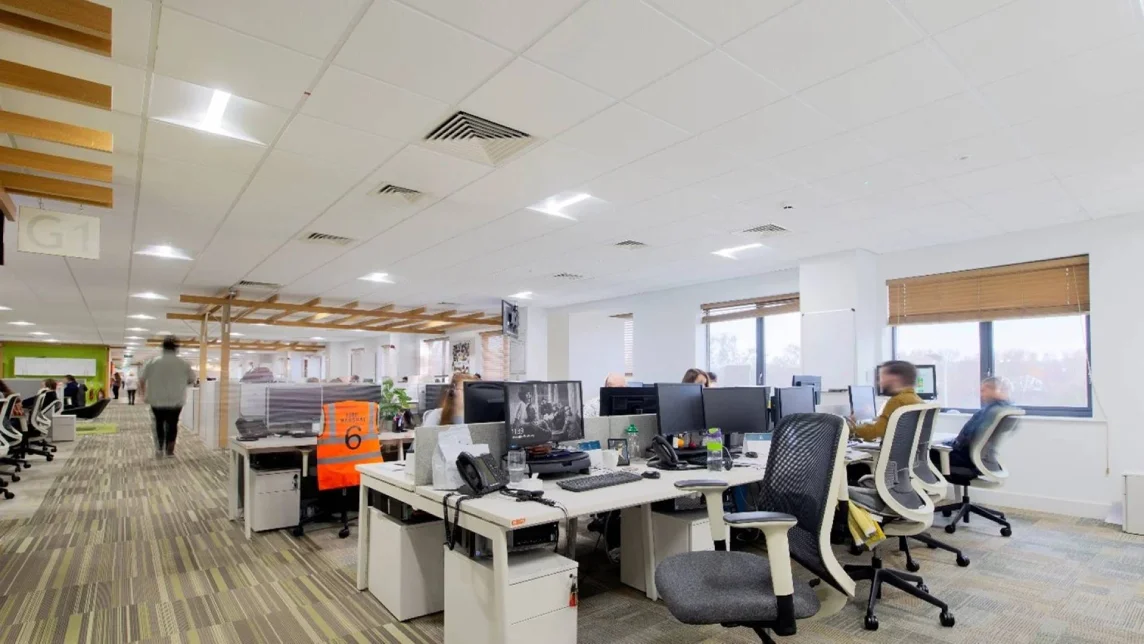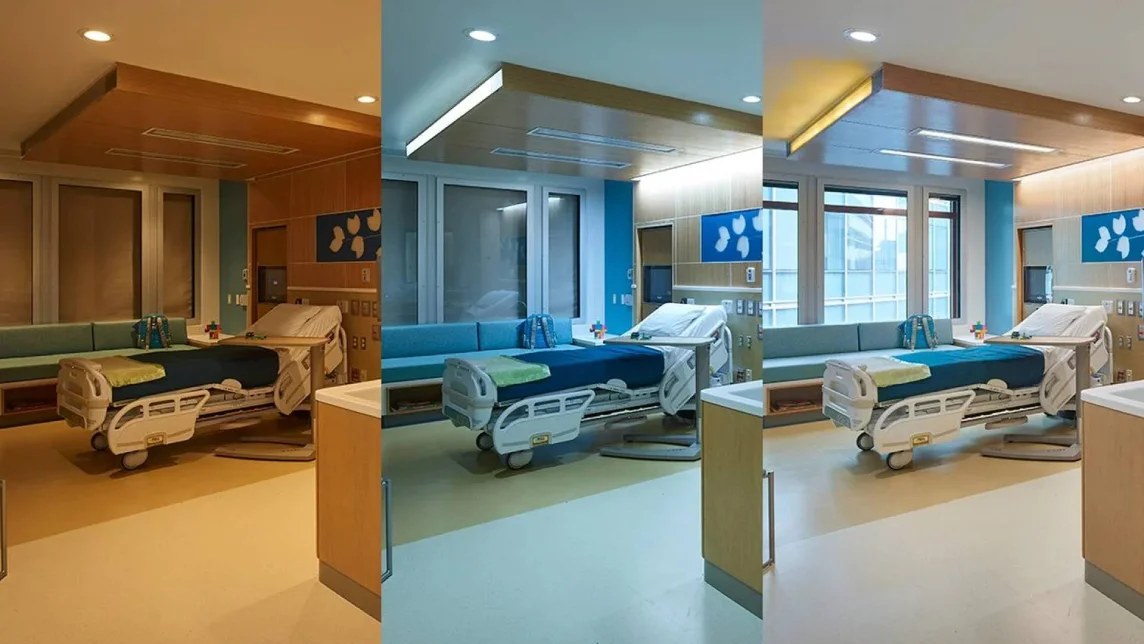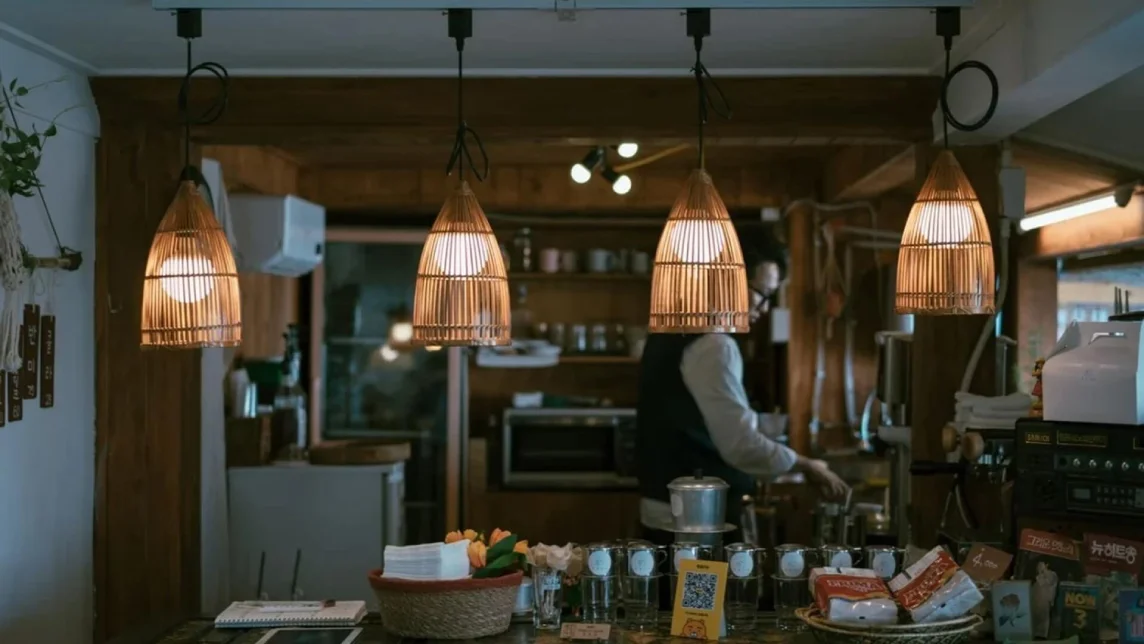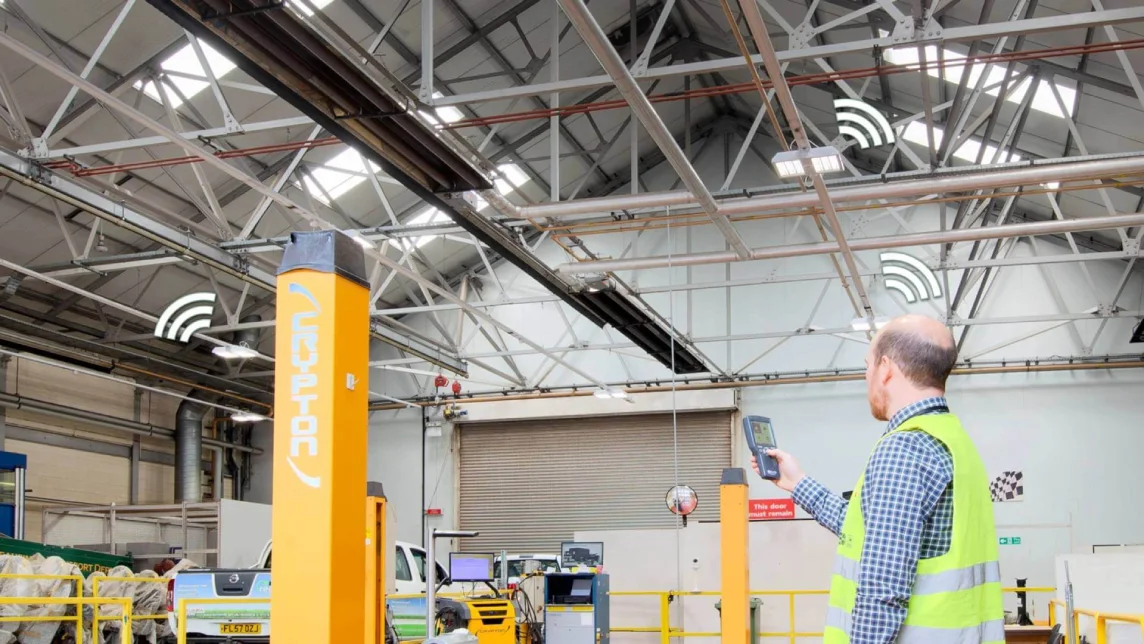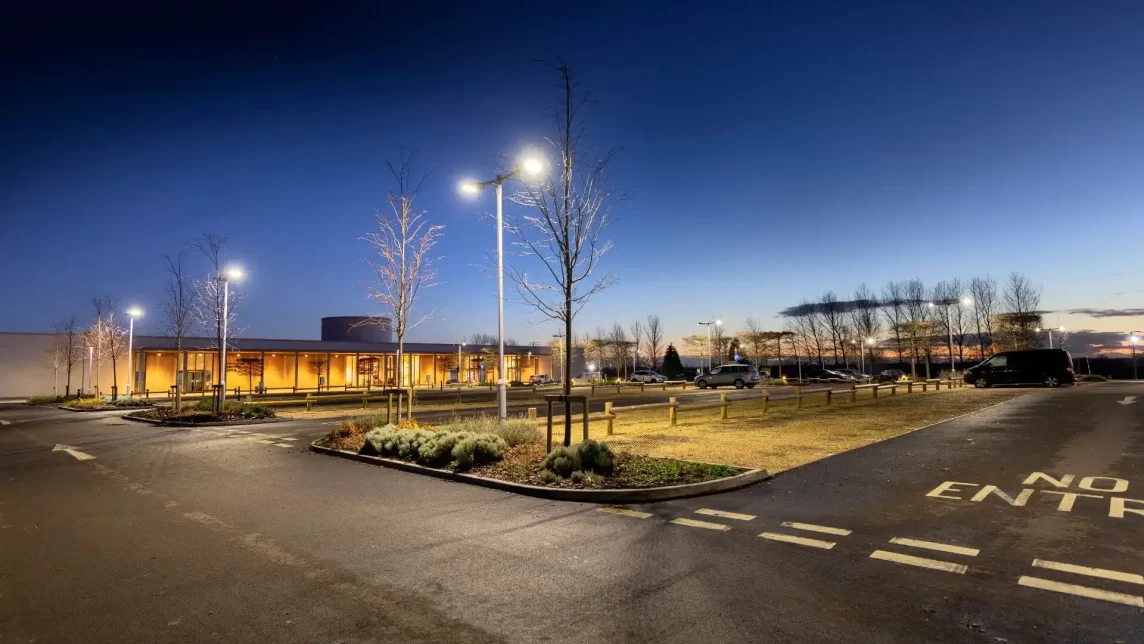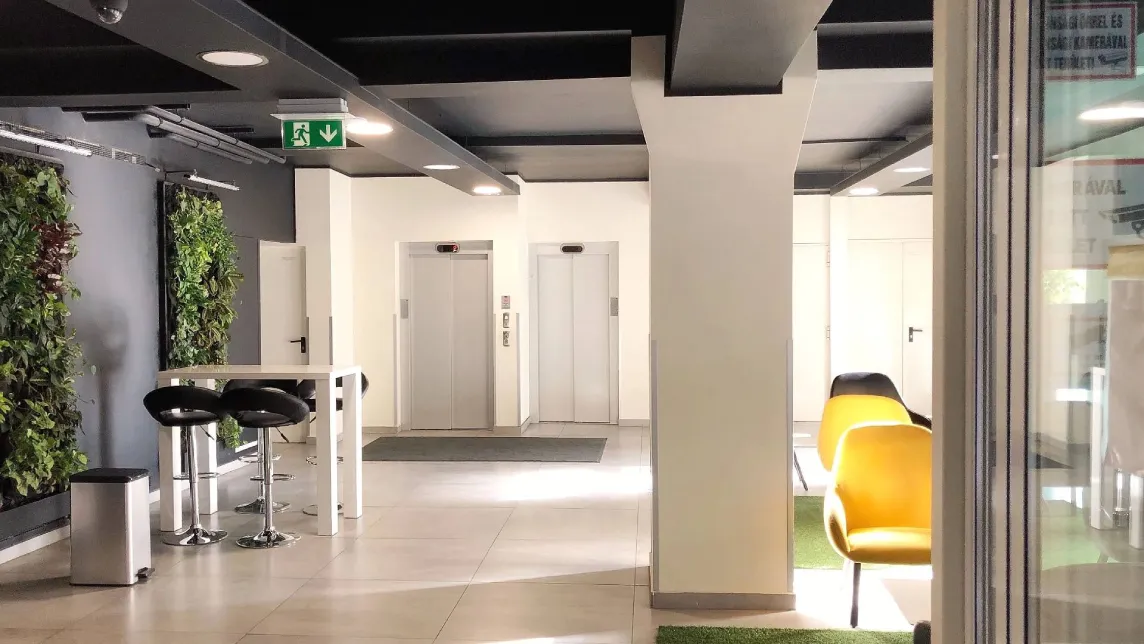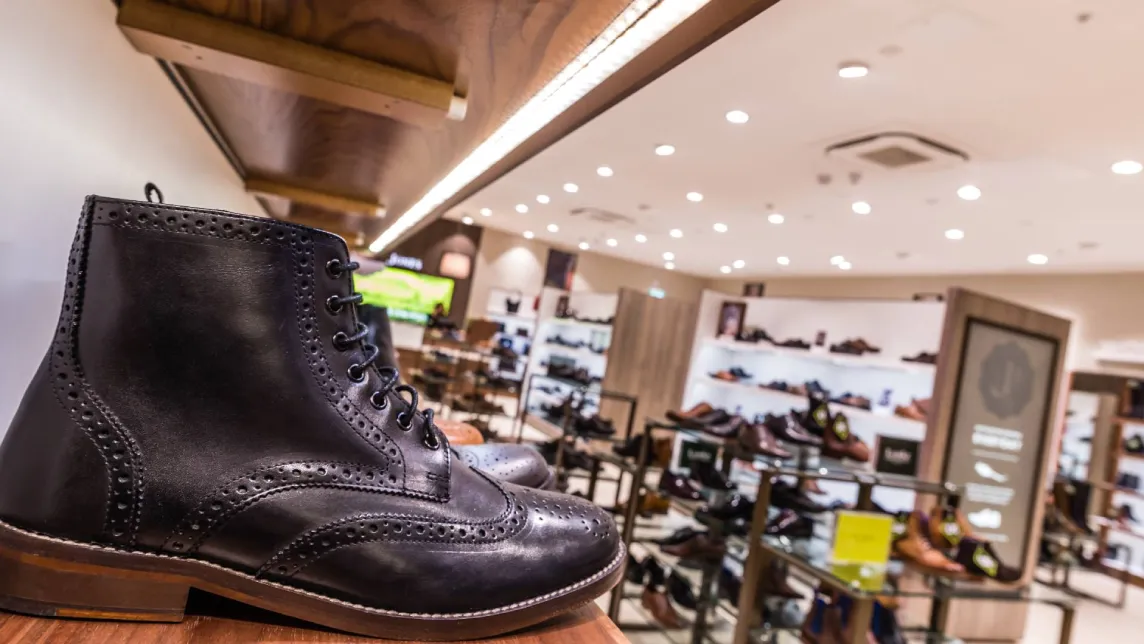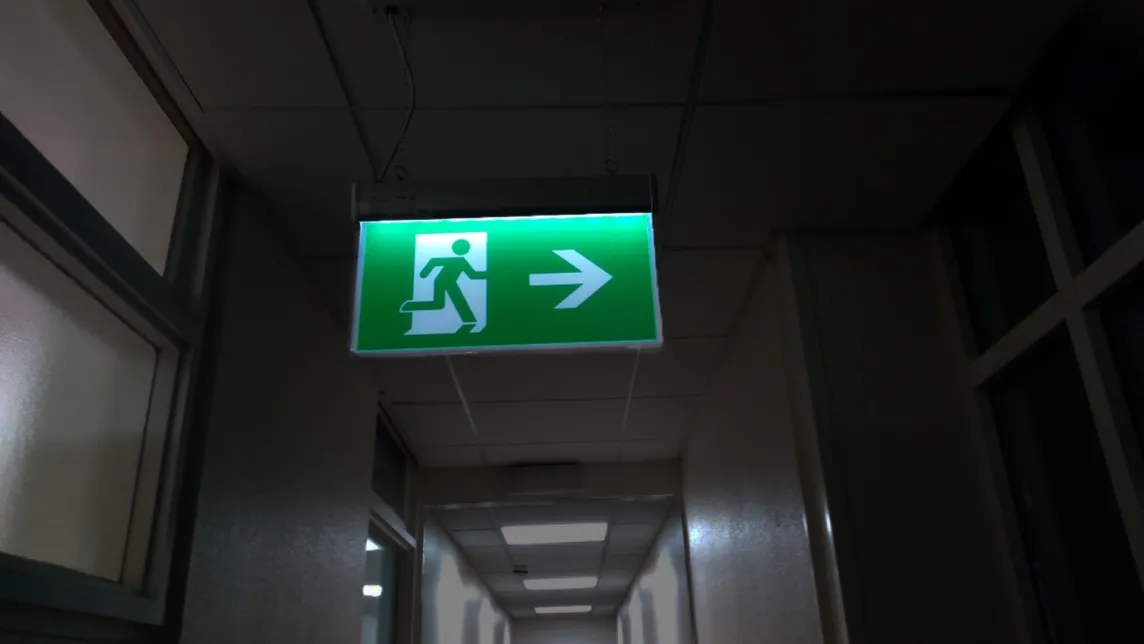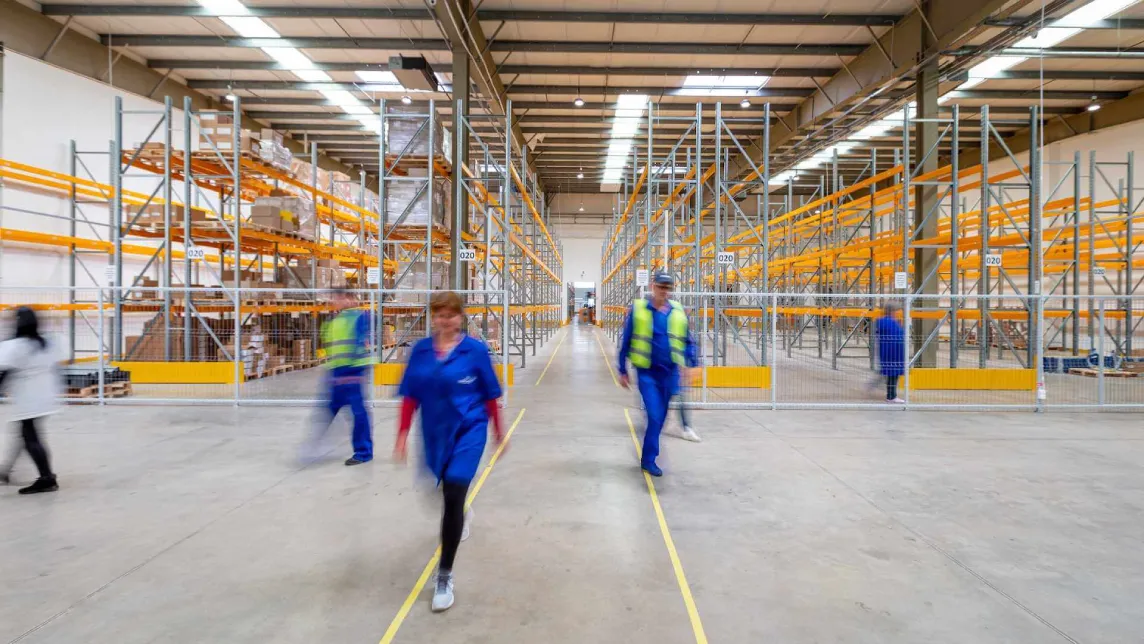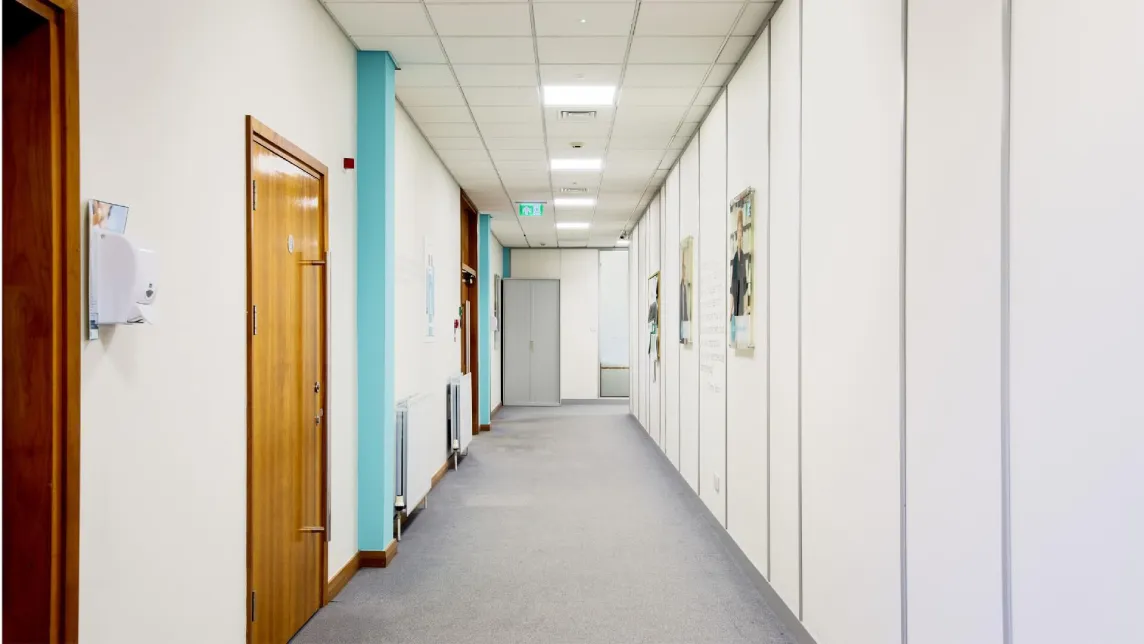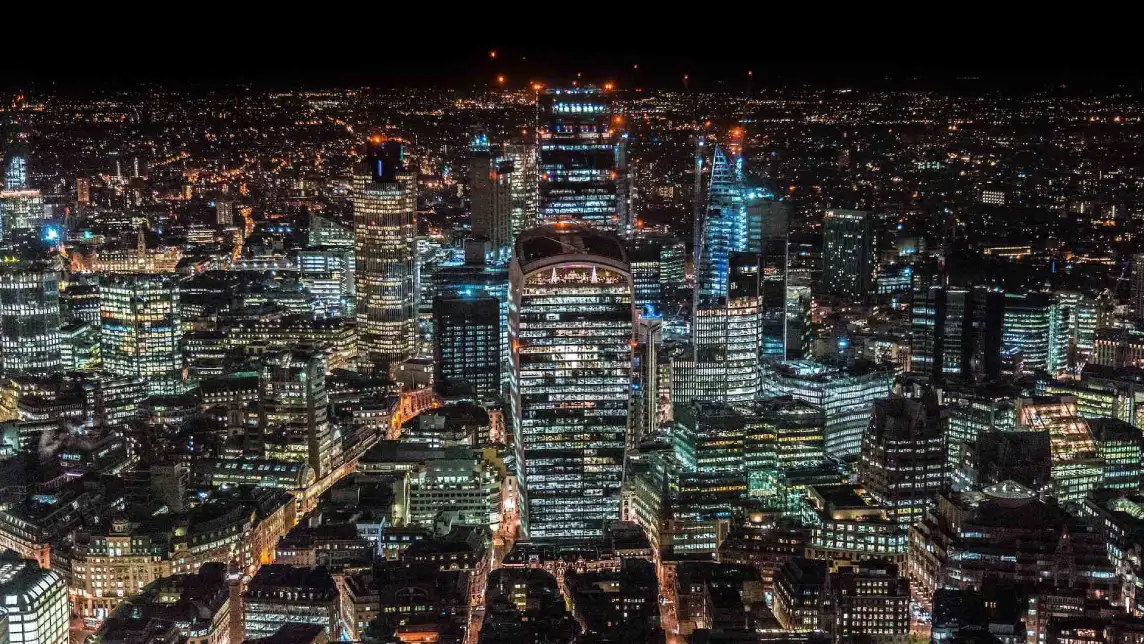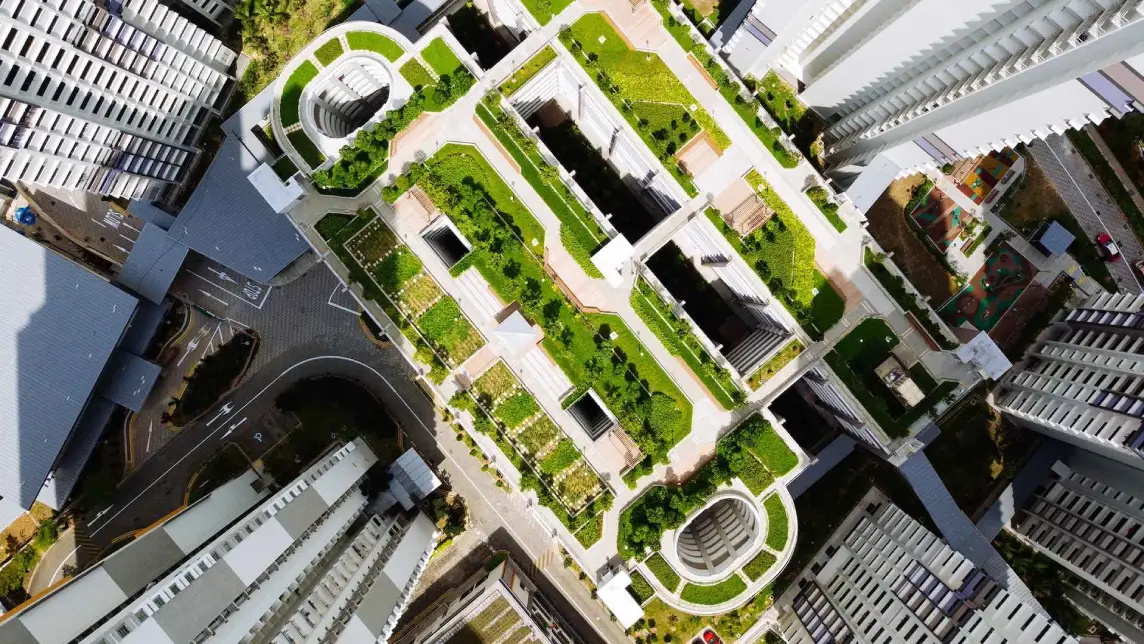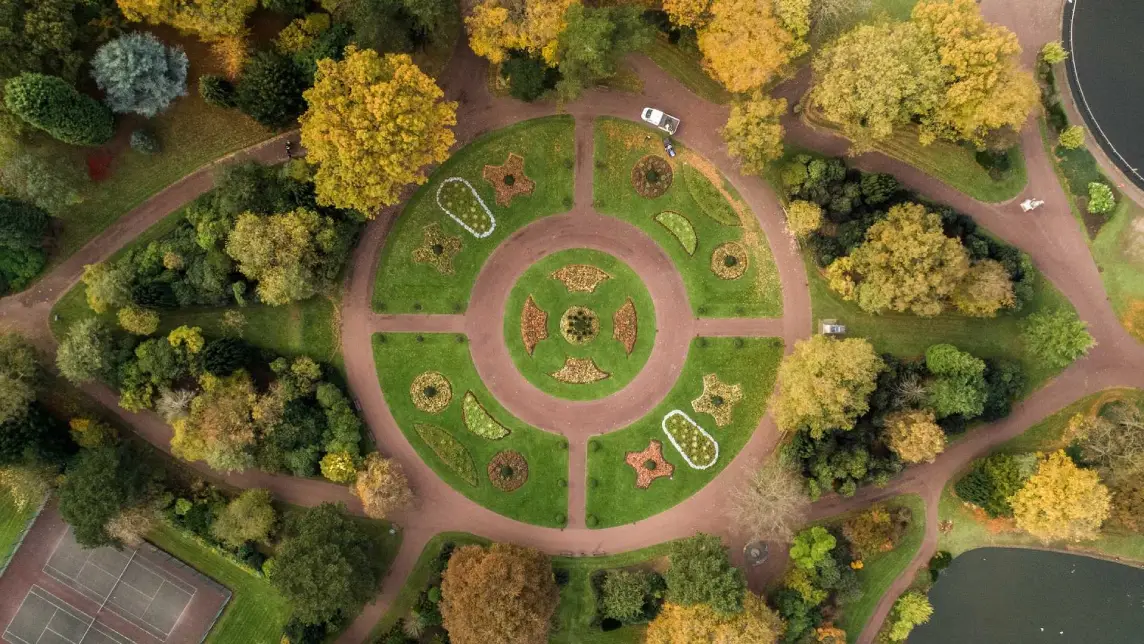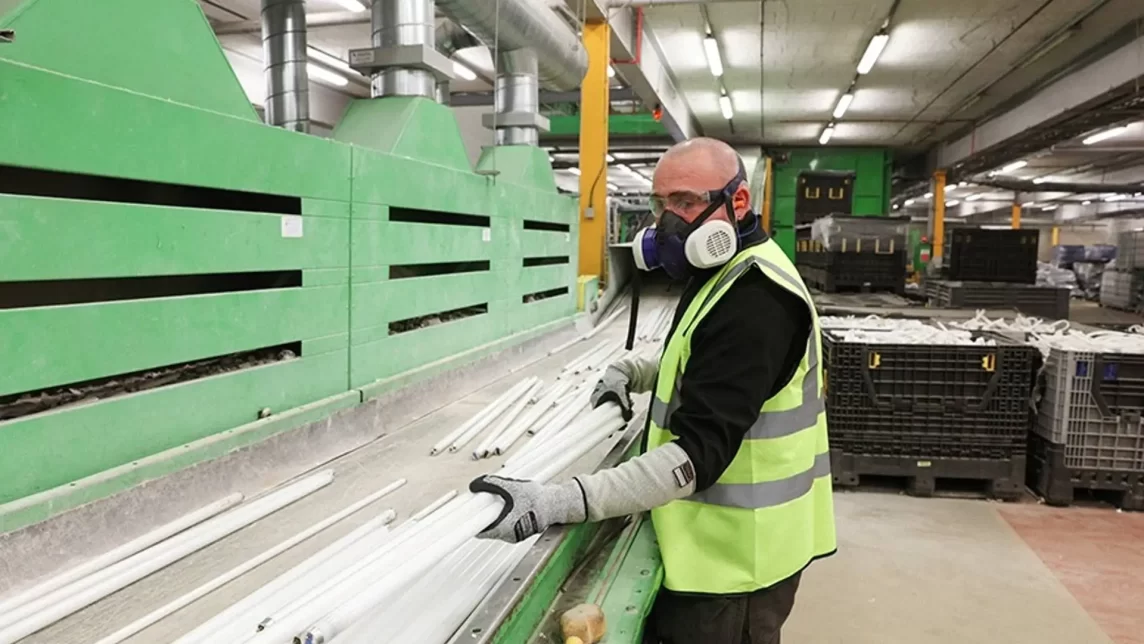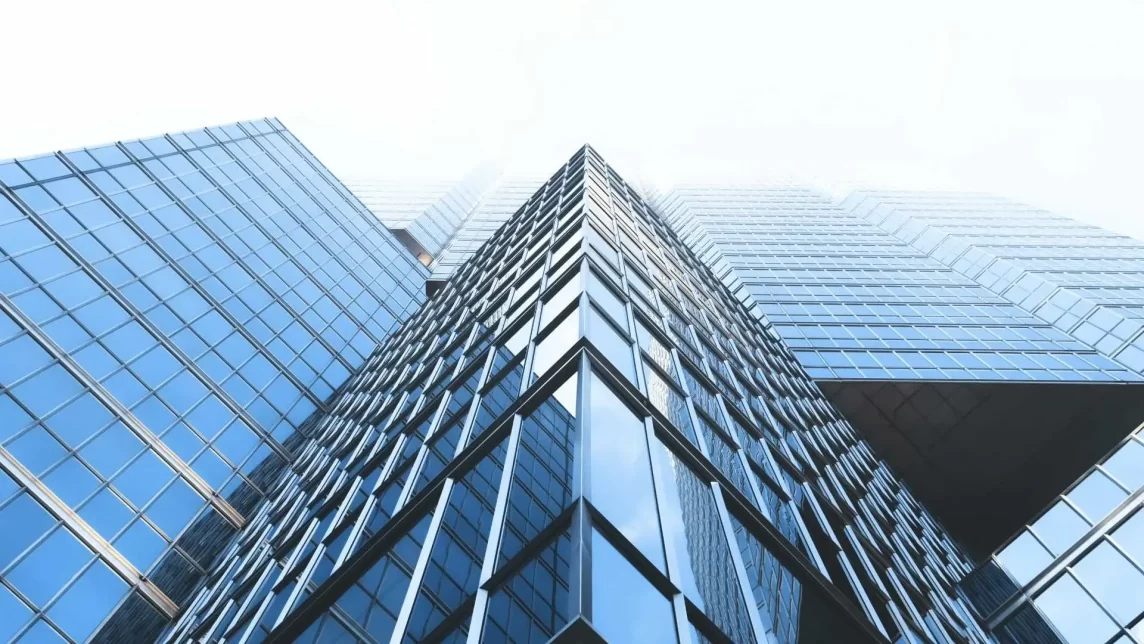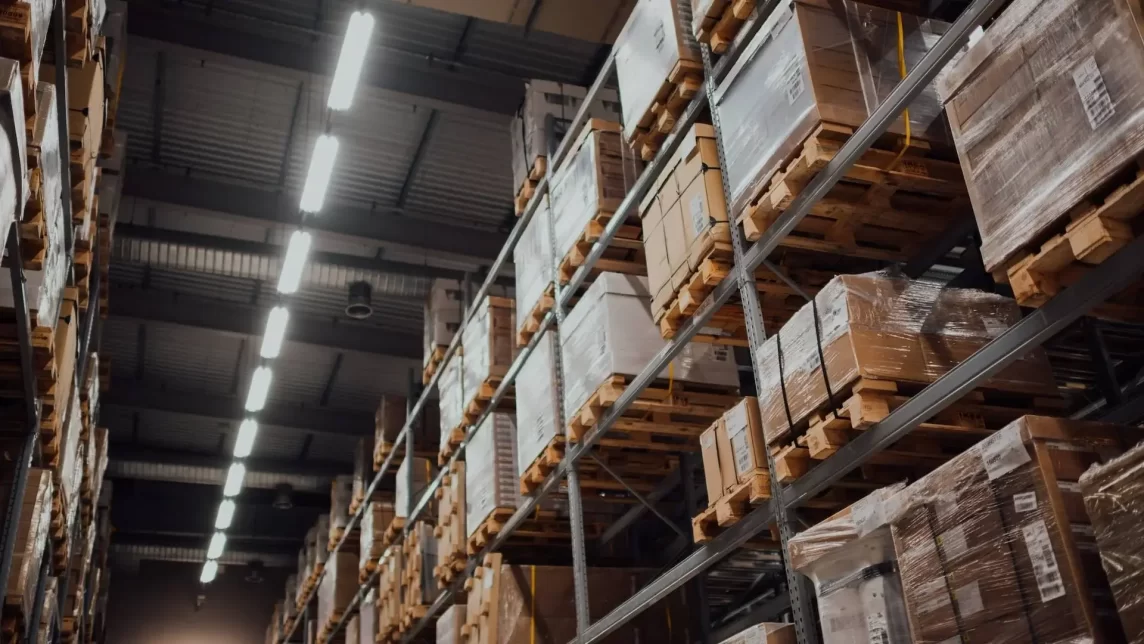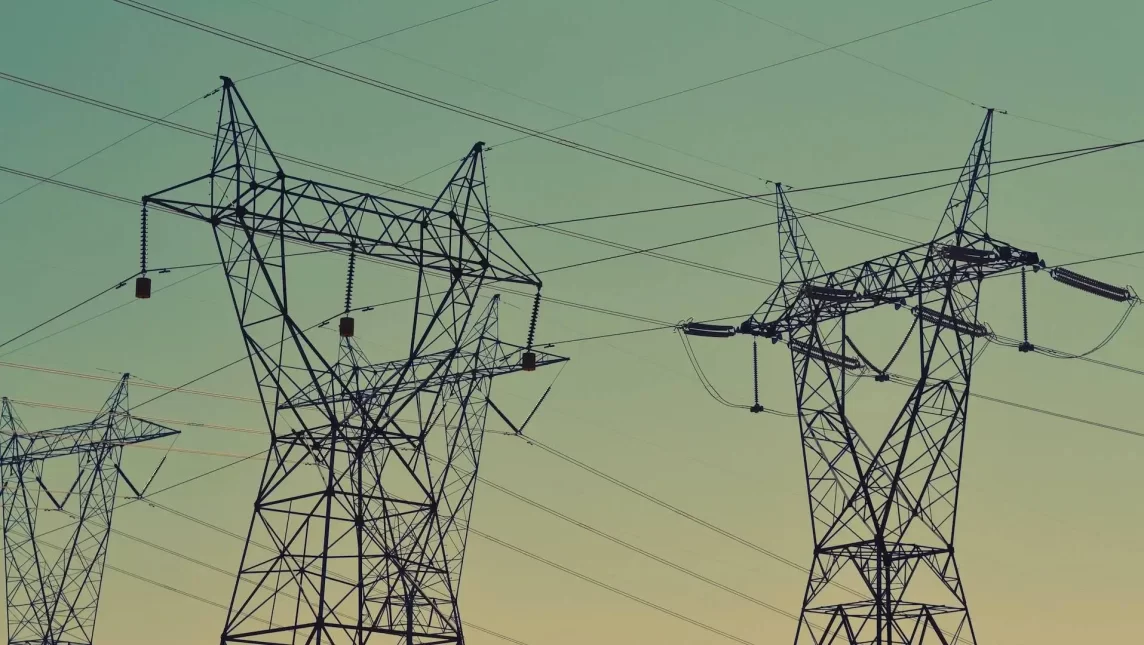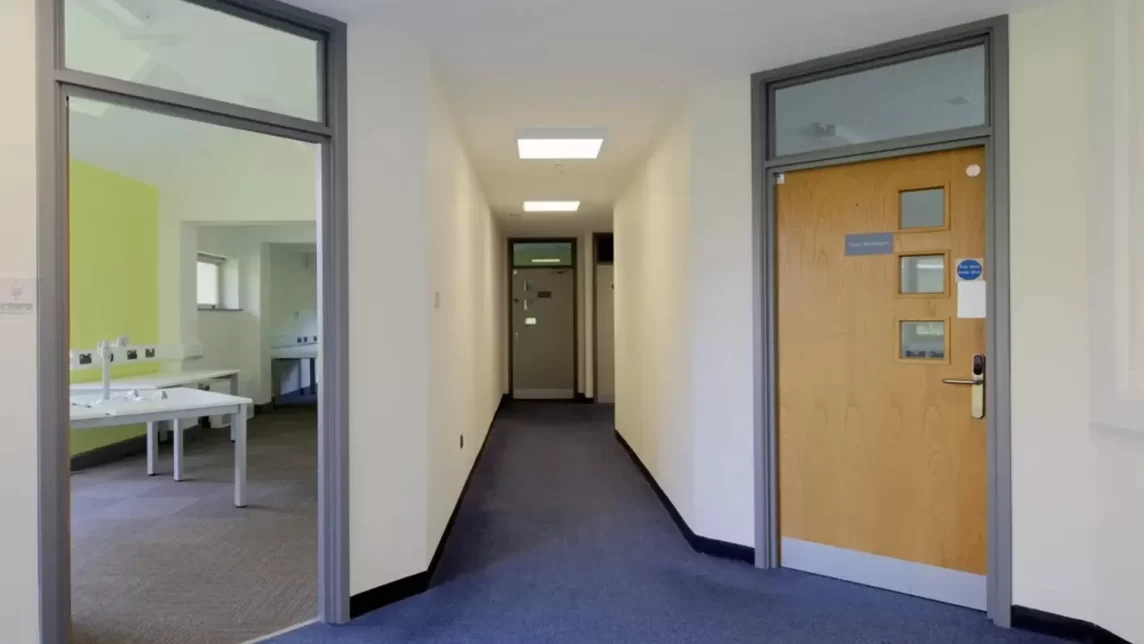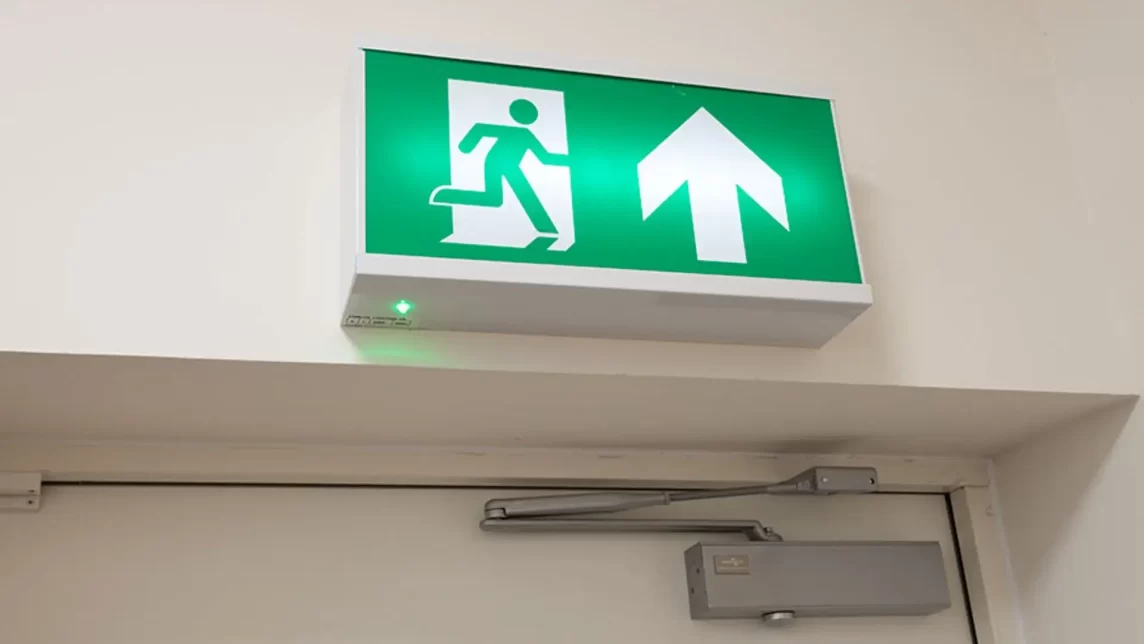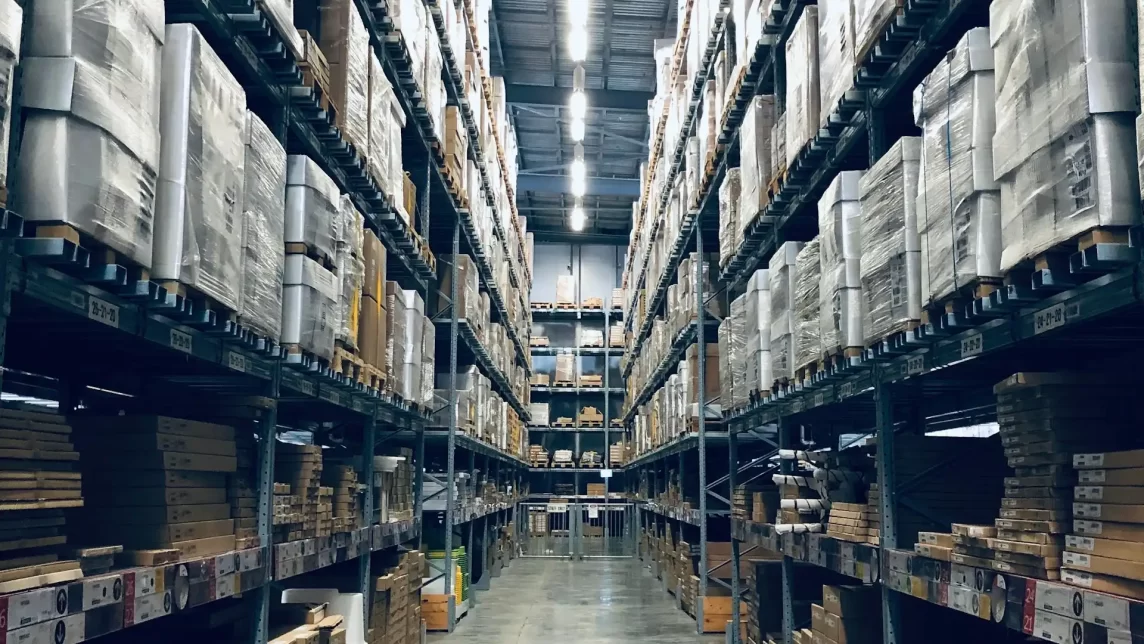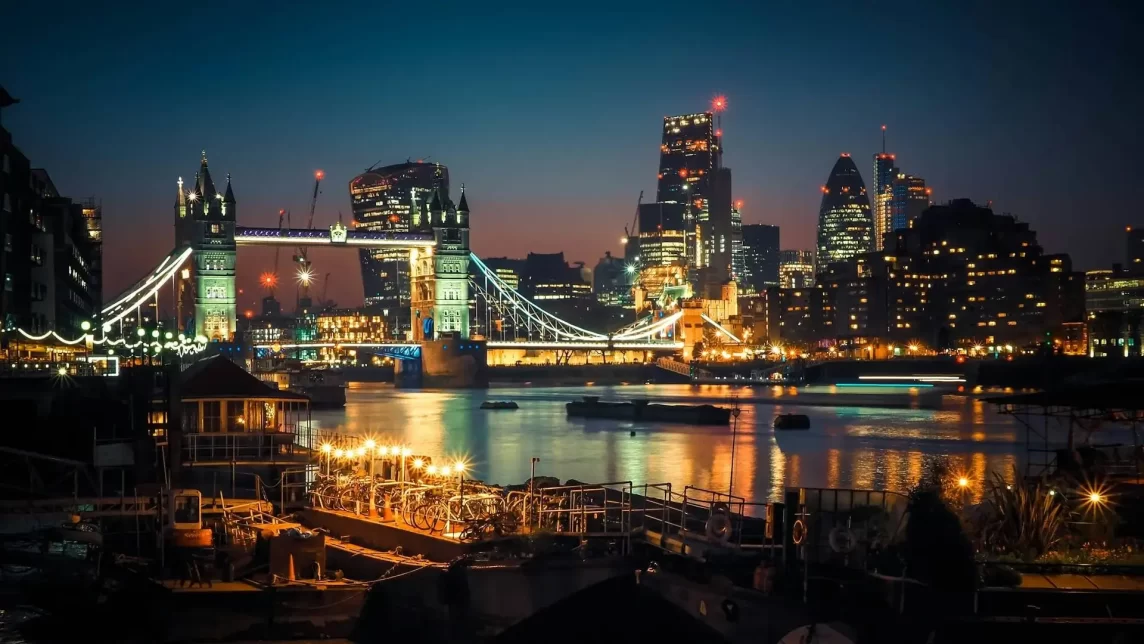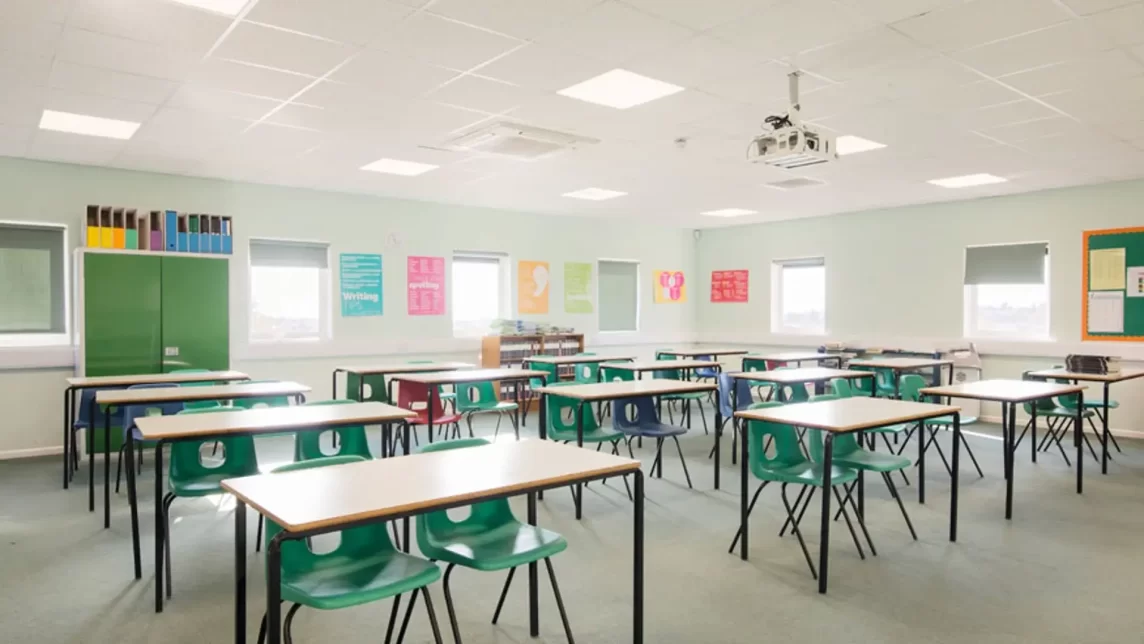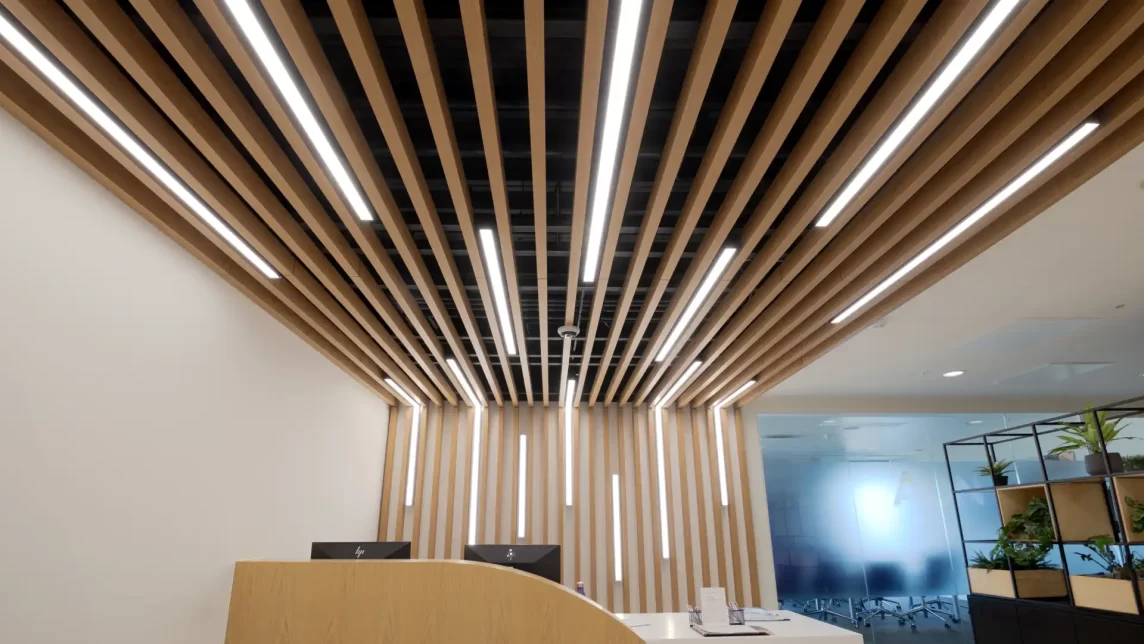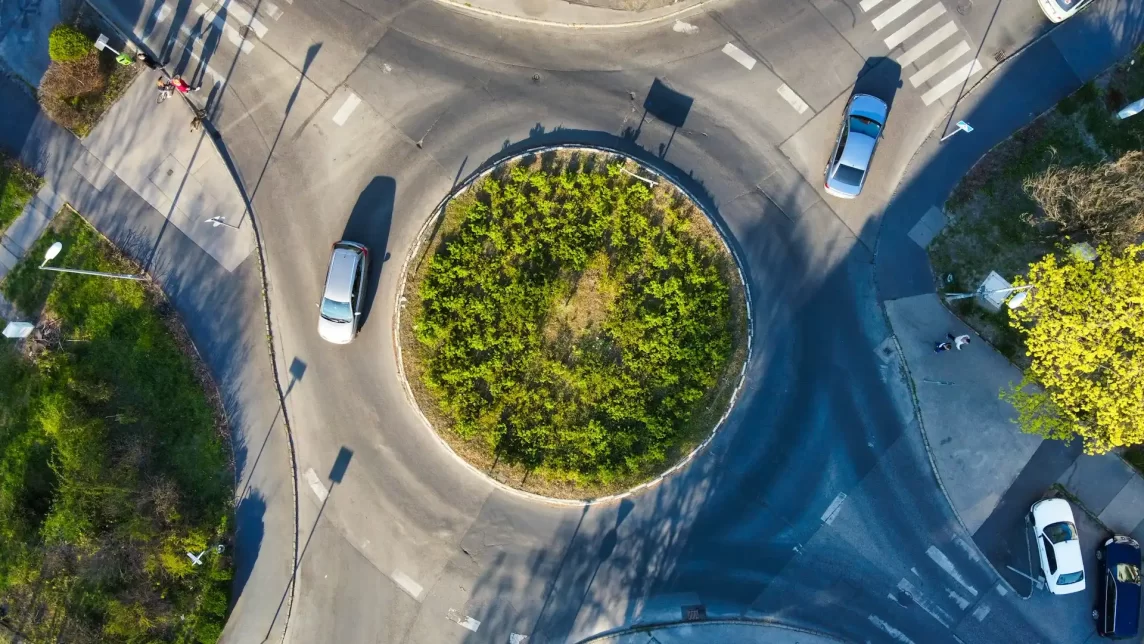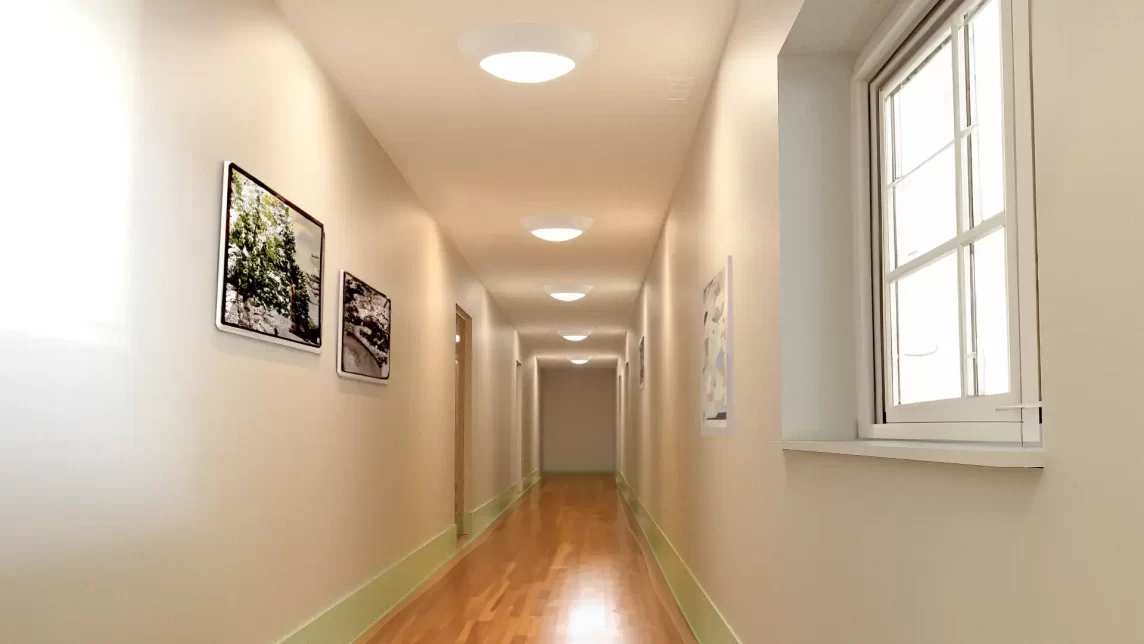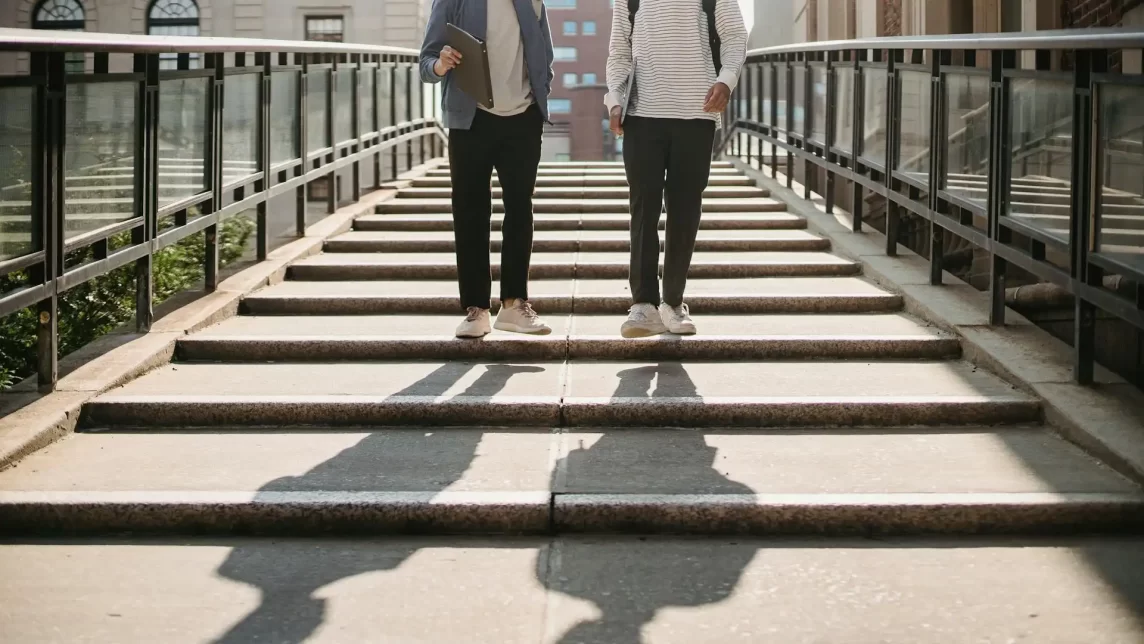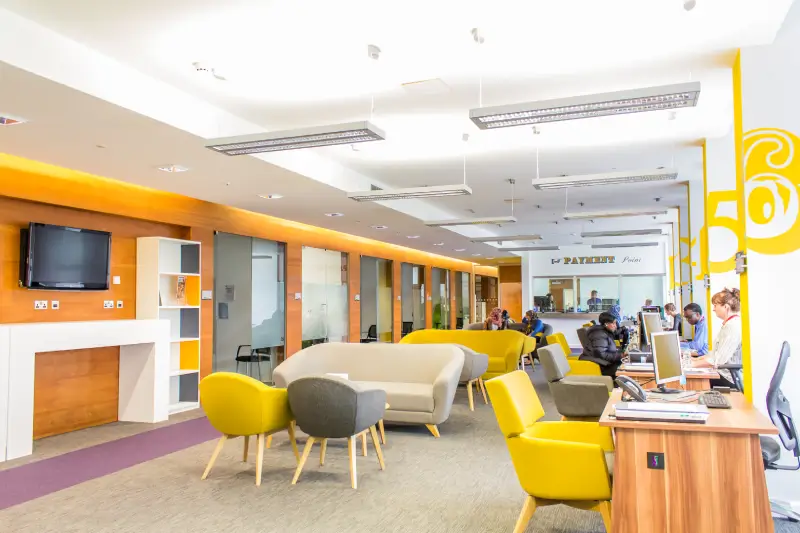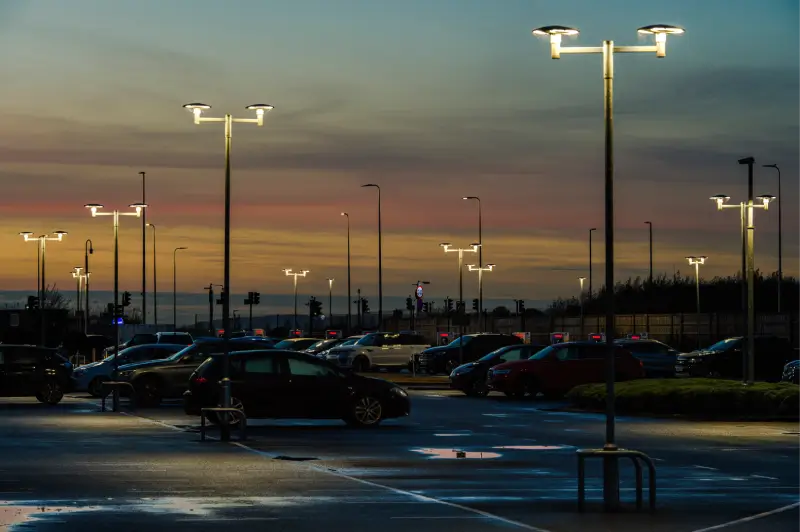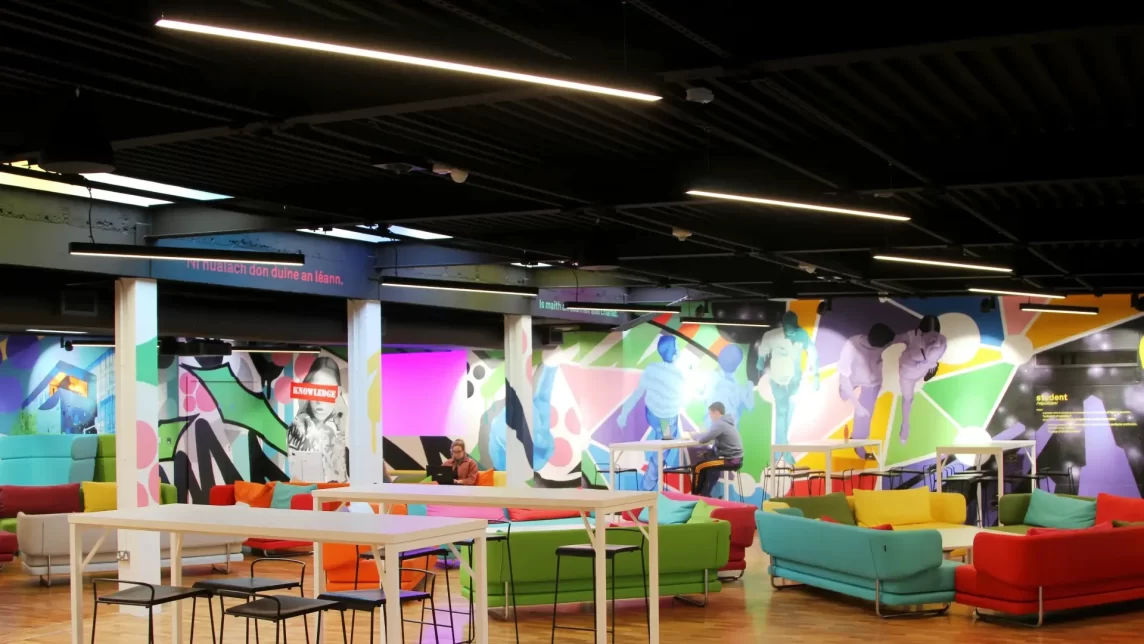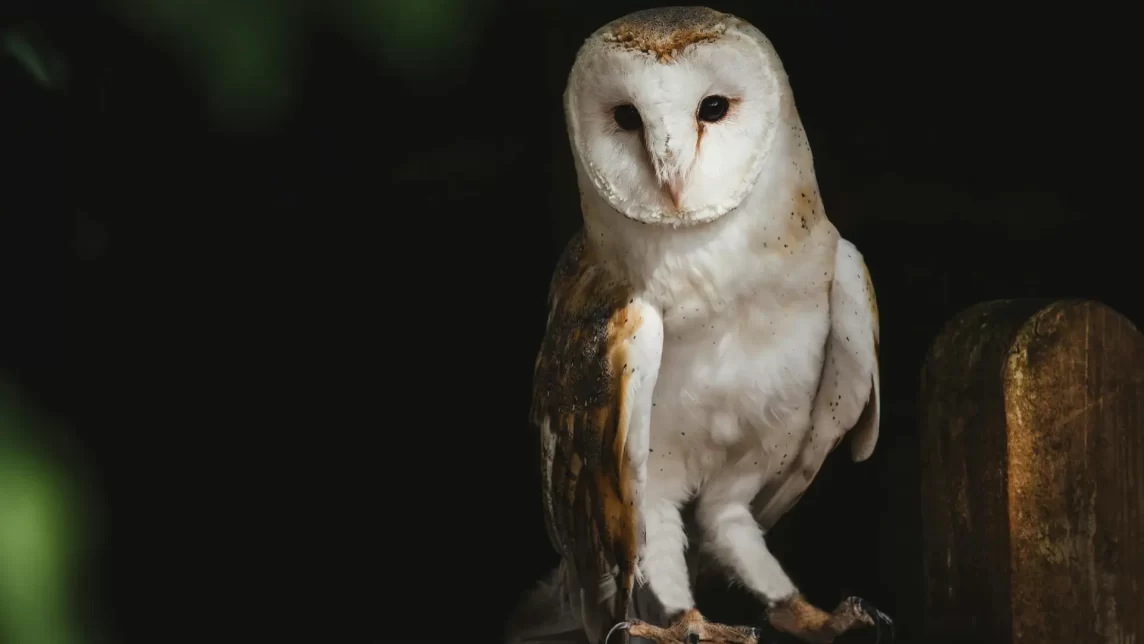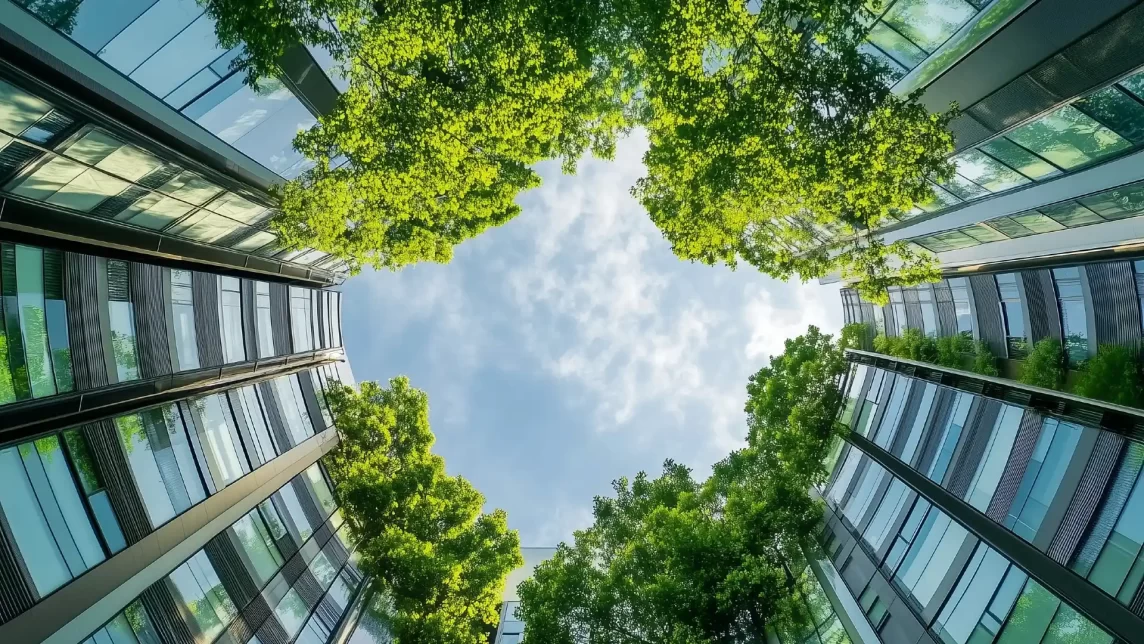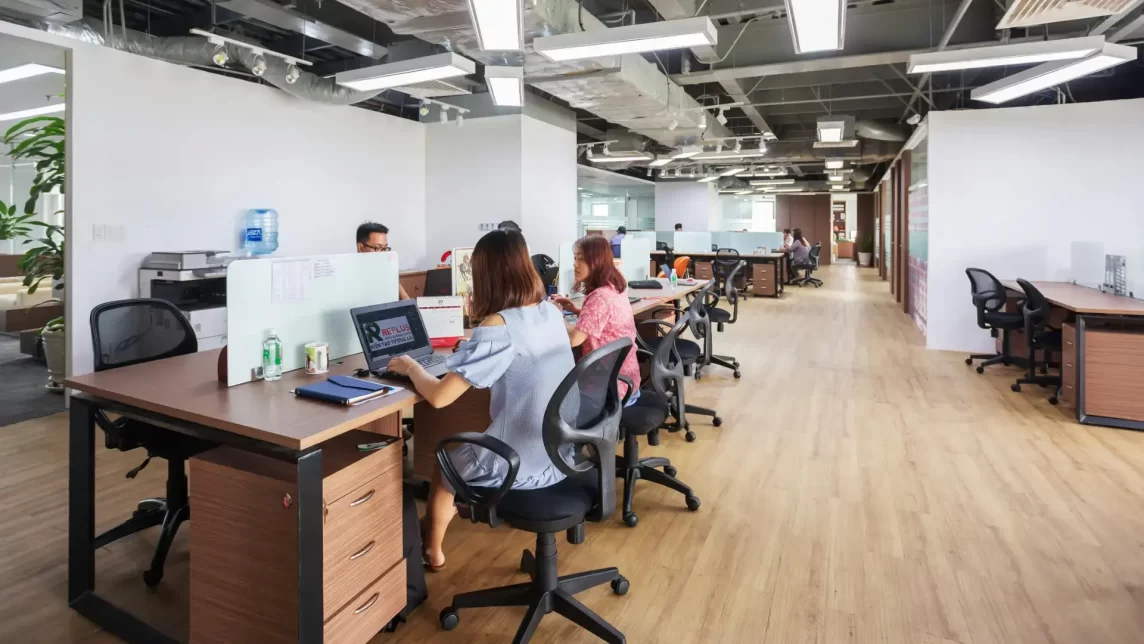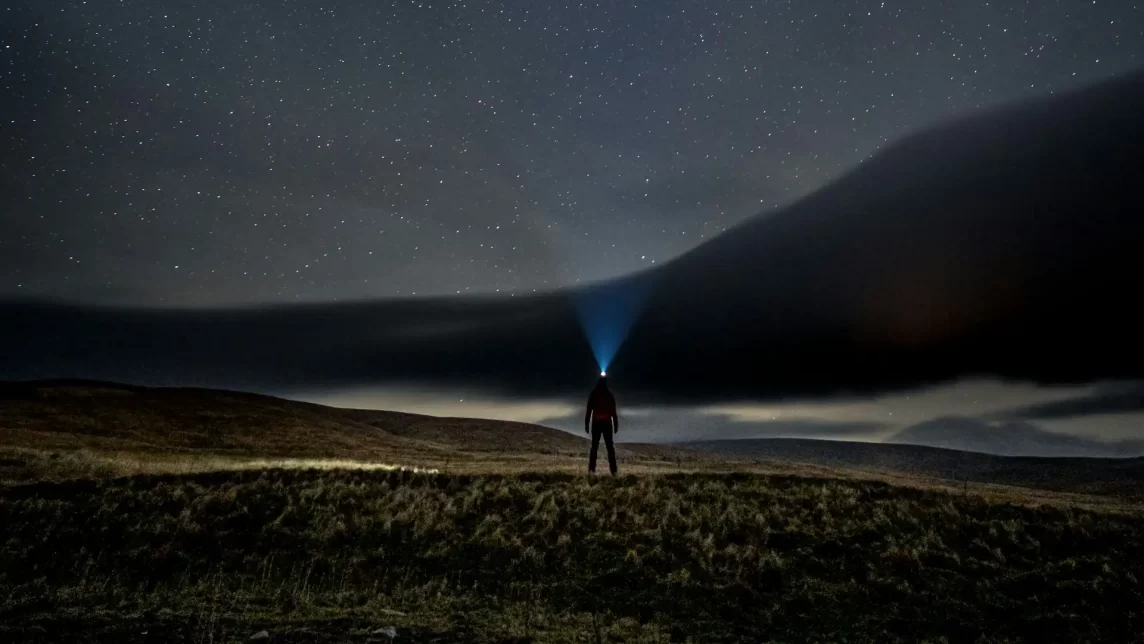
What is Astrotourism? The Rise of Noctourism and Dark Sky Travel
As we move into 2026, astrotourism has emerged as one of the year’s top travel trends. This specialised form of ecotourism—often referred to as noctourism—sees travellers journeying to the UK’s most remote corners and beyond to observe celestial bodies in a pristine night sky. Whether it is visiting a certified International Dark Sky Place or seeking out hidden spots with minimal skyglow, more people than ever are travelling to witness the breath taking sight of the Milky Way.
“The benefits of astrotourism can only be reaped by adopting responsible lighting practices.”
However, for stargazing tourism to remain sustainable, the industry must address the growing challenge of light pollution. For astrotourism sites to thrive, they must implement responsible lighting solutions that protect our view of the stars. By utilising Dark Sky approved lighting systems, destinations can provide a safer, more visually pleasing environment that minimises the impact on the natural world while preserving the dark skies that visitors come to see.
The Economic Benefits of the Astrotourism Industry
The Economic Case: How Stargazing Tourism Supports Local Communities
Astrotourism can create a powerful business case for protecting dark skies and reducing light pollution. This is because it has the potential to deliver a positive economic impact for nearby cities and towns.
Astrotourism brings extra people to an area and, therefore, additional custom to local accommodation businesses, shops, and restaurants. This, in turn, supports local communities, generating jobs and other opportunities.
Certified International Dark-Sky Places
The International Dark-Sky Association has five types of dark sky places, which are certified according to different standards and criteria: dark sky sanctuaries, dark sky reserves, dark sky parks, dark sky communities, and urban night sky places.
Dark Sky communities and urban night sky places are cities, towns, villages, or other community areas that shows exceptional dedication to the preservation of the night sky through quality outdoor lighting systems. It is in these places that Dark Sky approved lighting can be deployed to preserve dark skies and, in the process, support astrotourism.
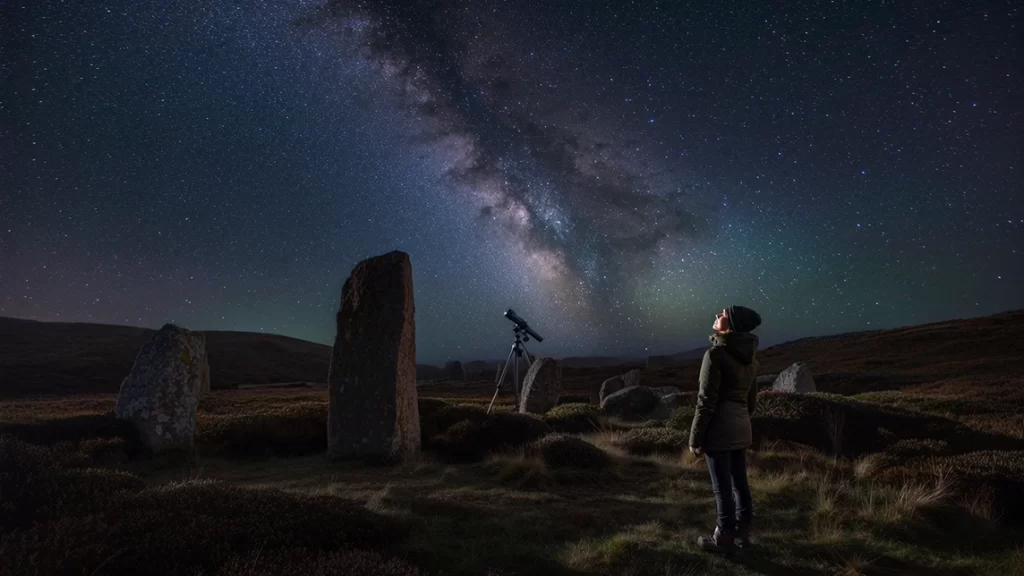
Supporting Astrotourism with Dark Sky Approved Lighting
Sustainable Lighting Solutions for Stargazing
As we have explored in our blog “Preserving our dark skies: Solutions for reducing urban light pollution”, ‘dark sky friendly’ lighting systems often include:
- Shielded fixtures: By controlling the direction of light, these fixtures reduce light pollution while providing adequate illumination for visibility and wildlife protection.
- Low-intensity lighting: Lights with lower intensity and warmer colour temperatures contribute to softer and more ambient illumination.
- Smart lighting: Motion sensors and dimming technologies mean lights switch off when not needed, minimising light pollution.
Conclusion: Protecting the Future of Astrotourism
Astrotourism presents exciting opportunities for destinations to capitalise on their natural beauty and access to dark skies. Whether it is witnessing a solar eclipse, or stargazing in a dark sky community, astrotourism connects people to the wonders of the natural world. But the economic, environmental, and social benefits of astrotourism can only be reaped by adopting responsible lighting practices.
As a leading UK lighting manufacturer committed to supporting better and more responsible specifications, Tamlite offers a range of Dark Sky approved lighting solutions. For more information, please visit our website. With luminaires such as the CITY PARK, CITY PT, PTS, CITY RL, and CITY PATH now Dark Sky approved, we are on a mission to help illuminate the world with responsible choices, ensuring a brighter and greener tomorrow for generations to come.




